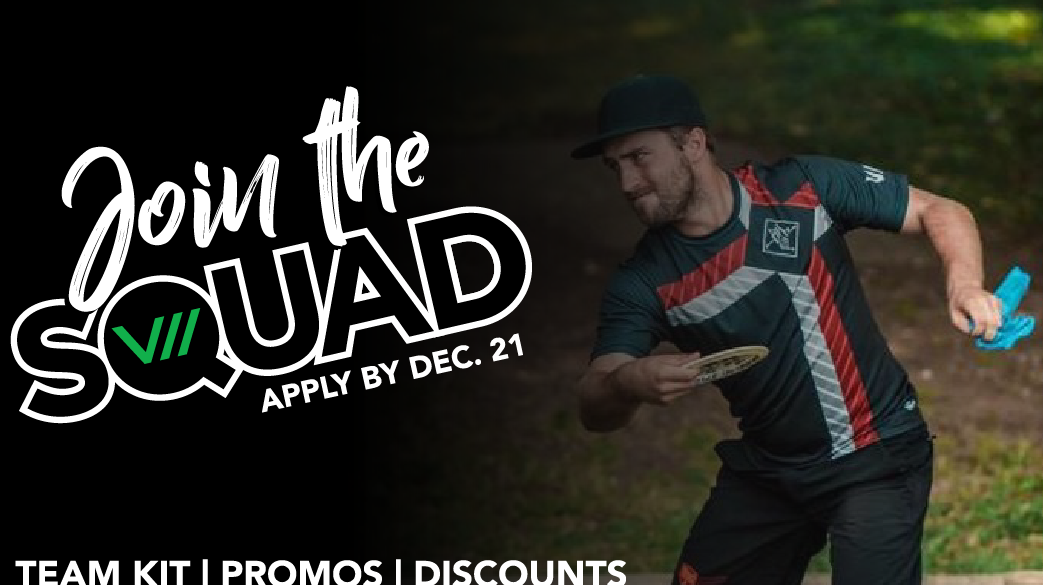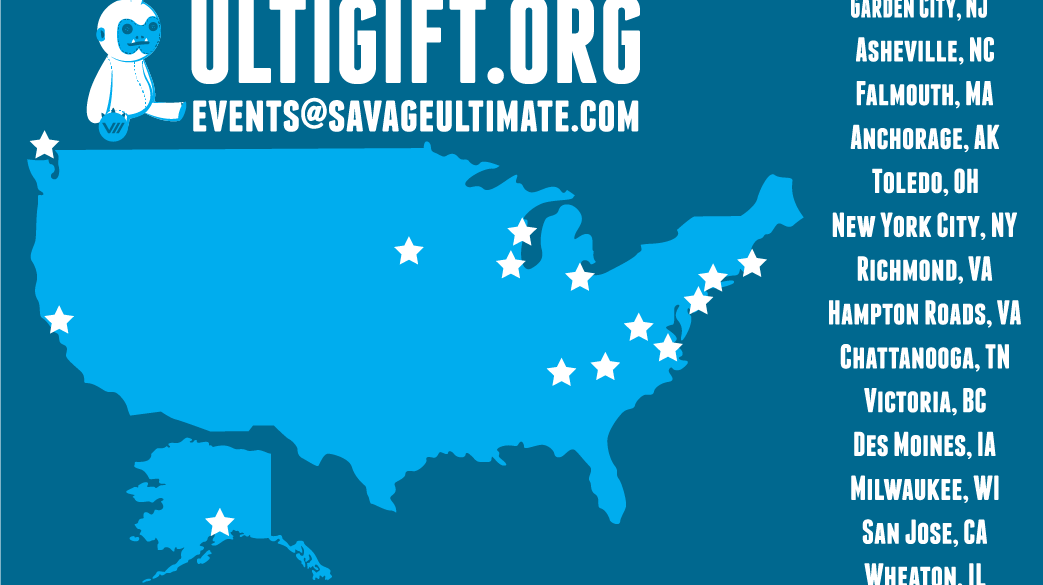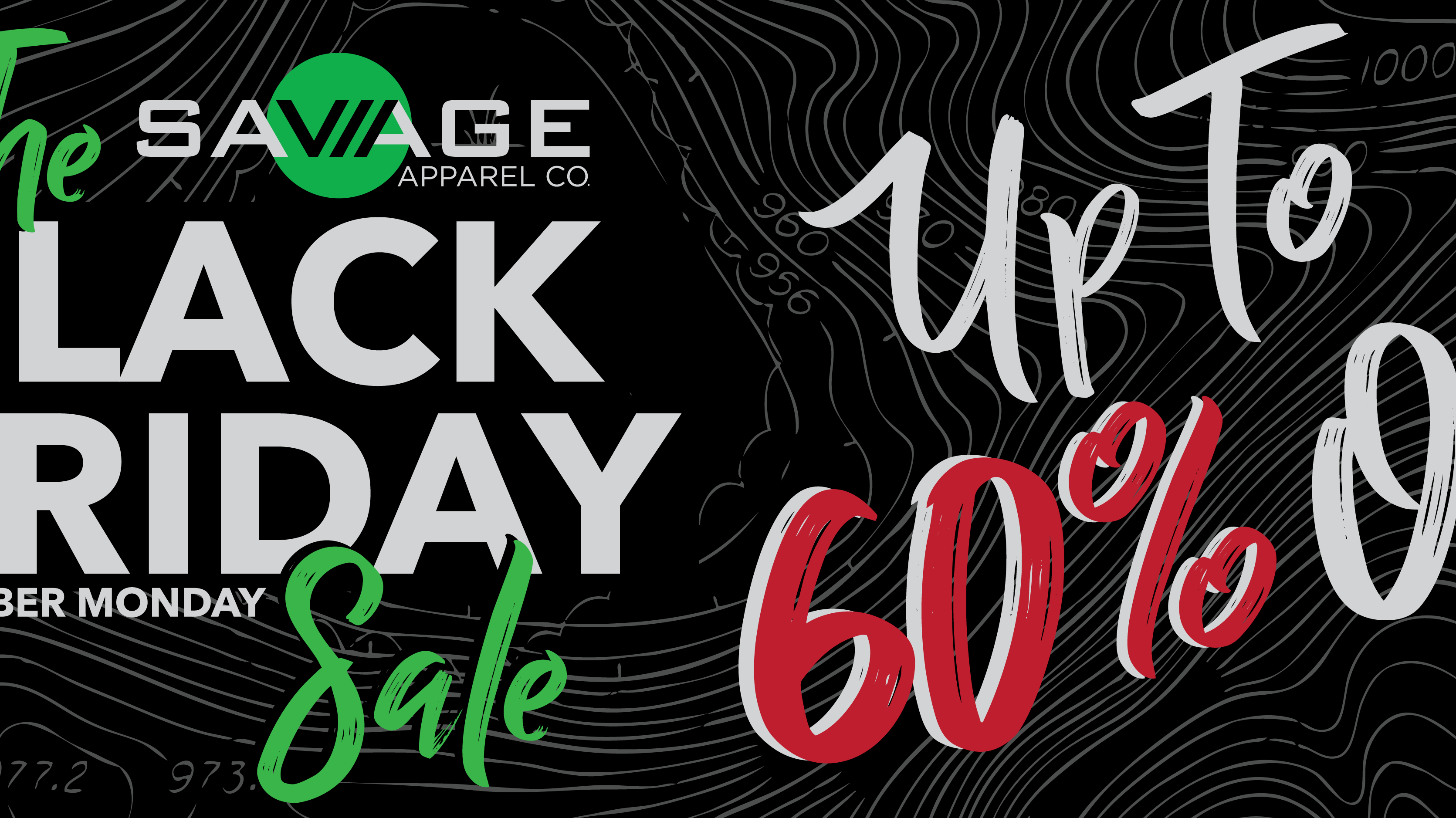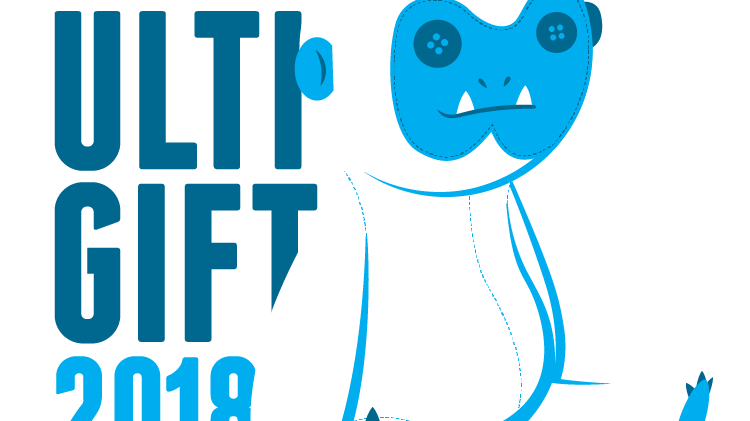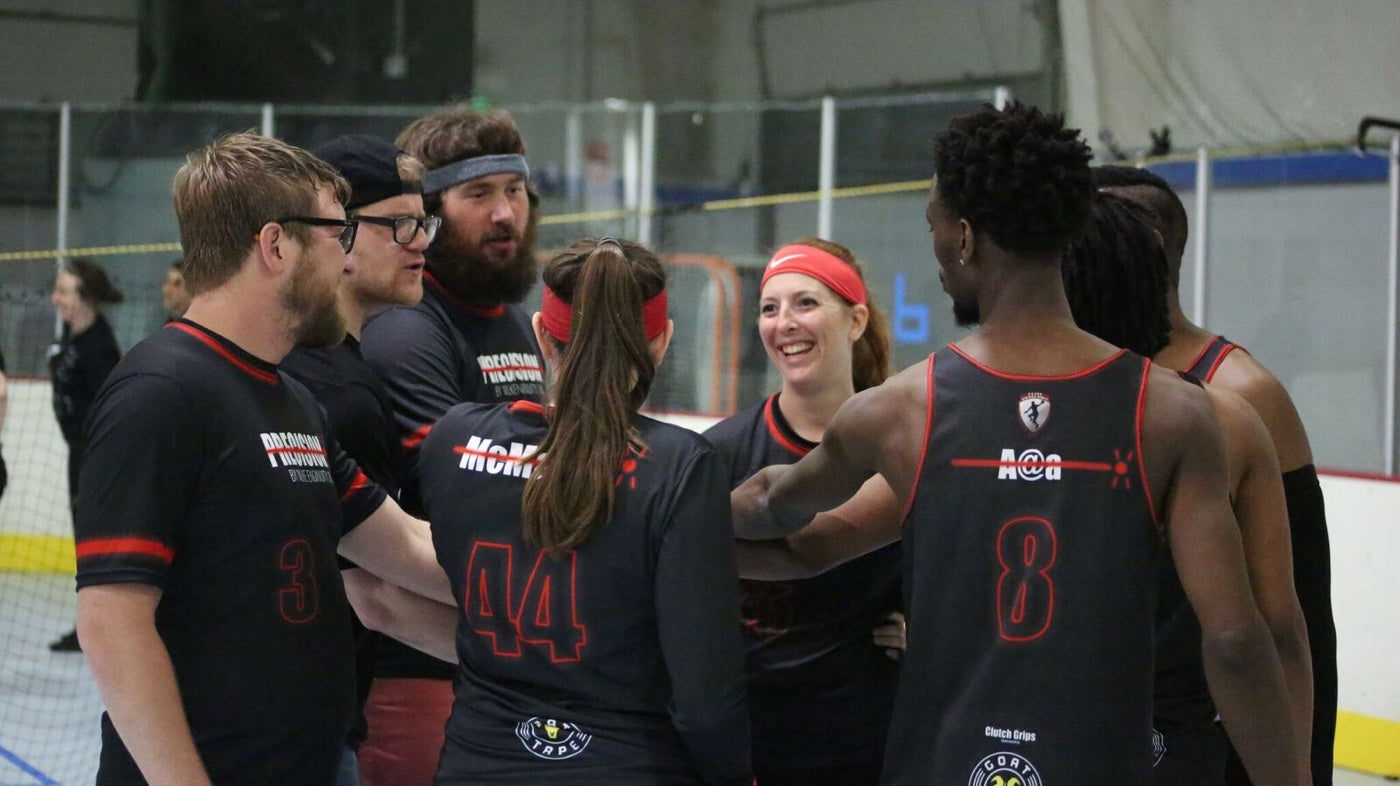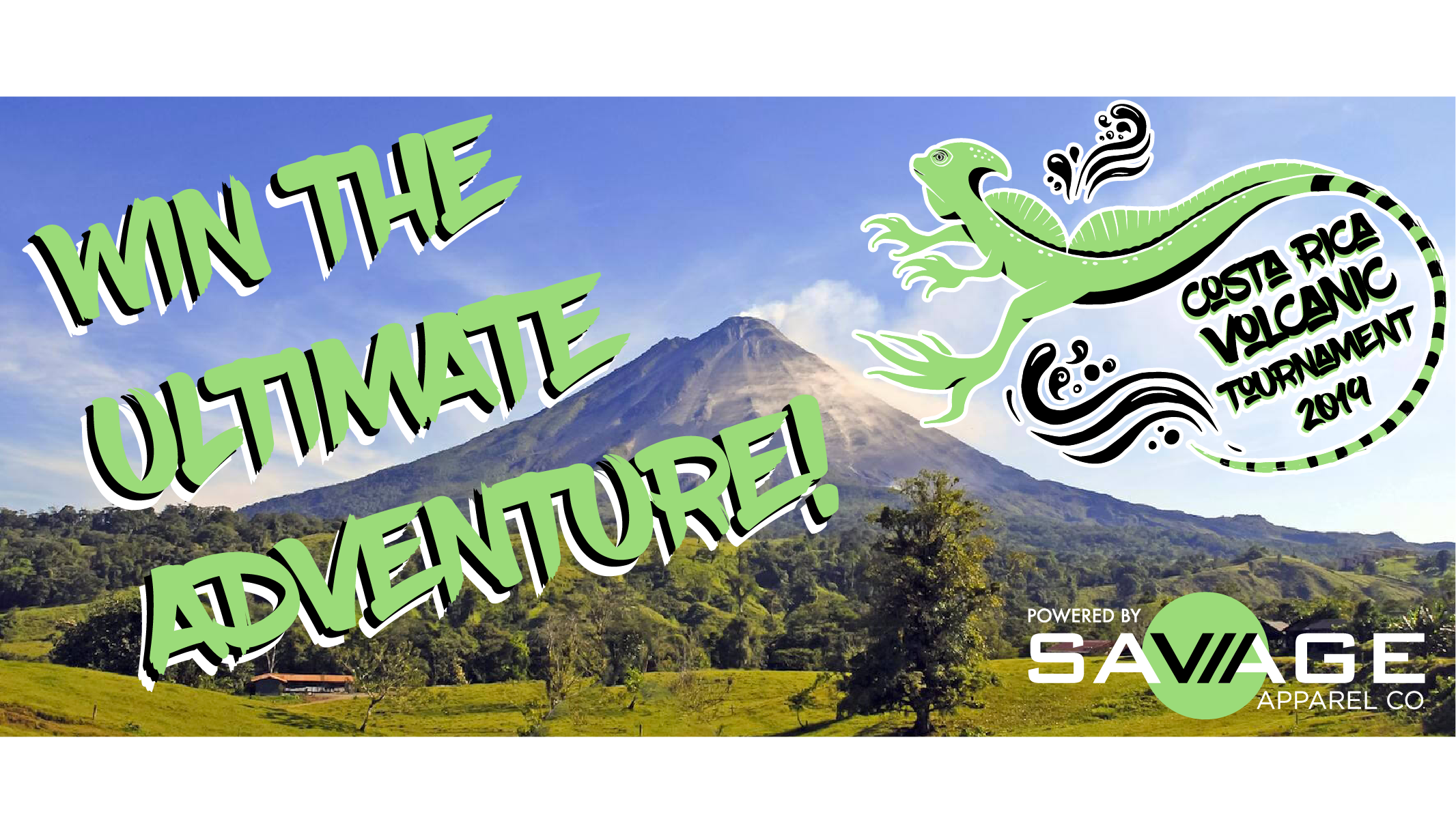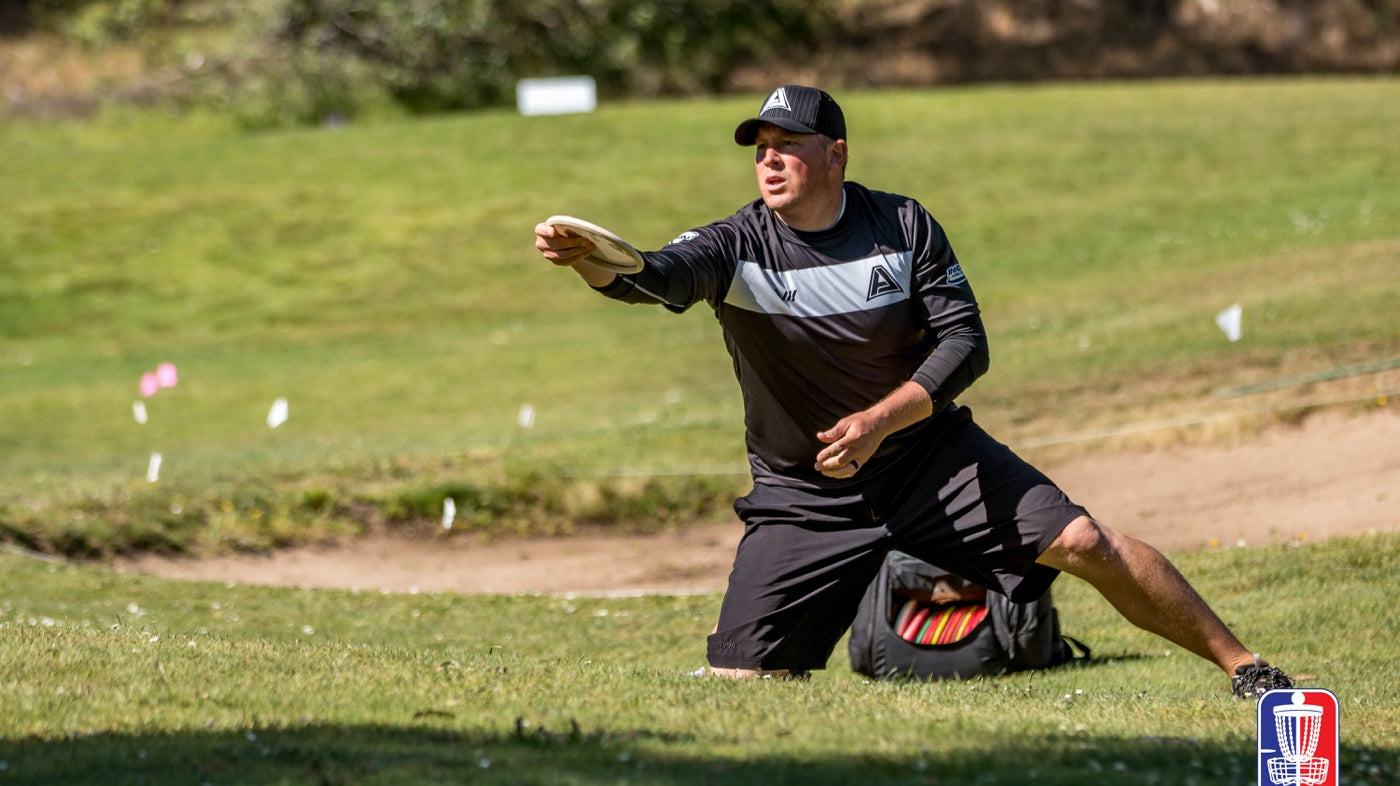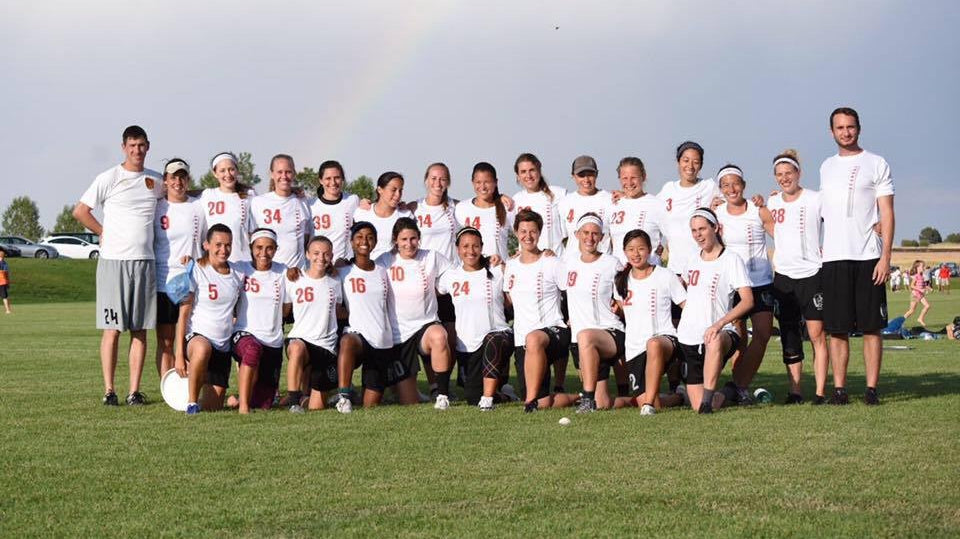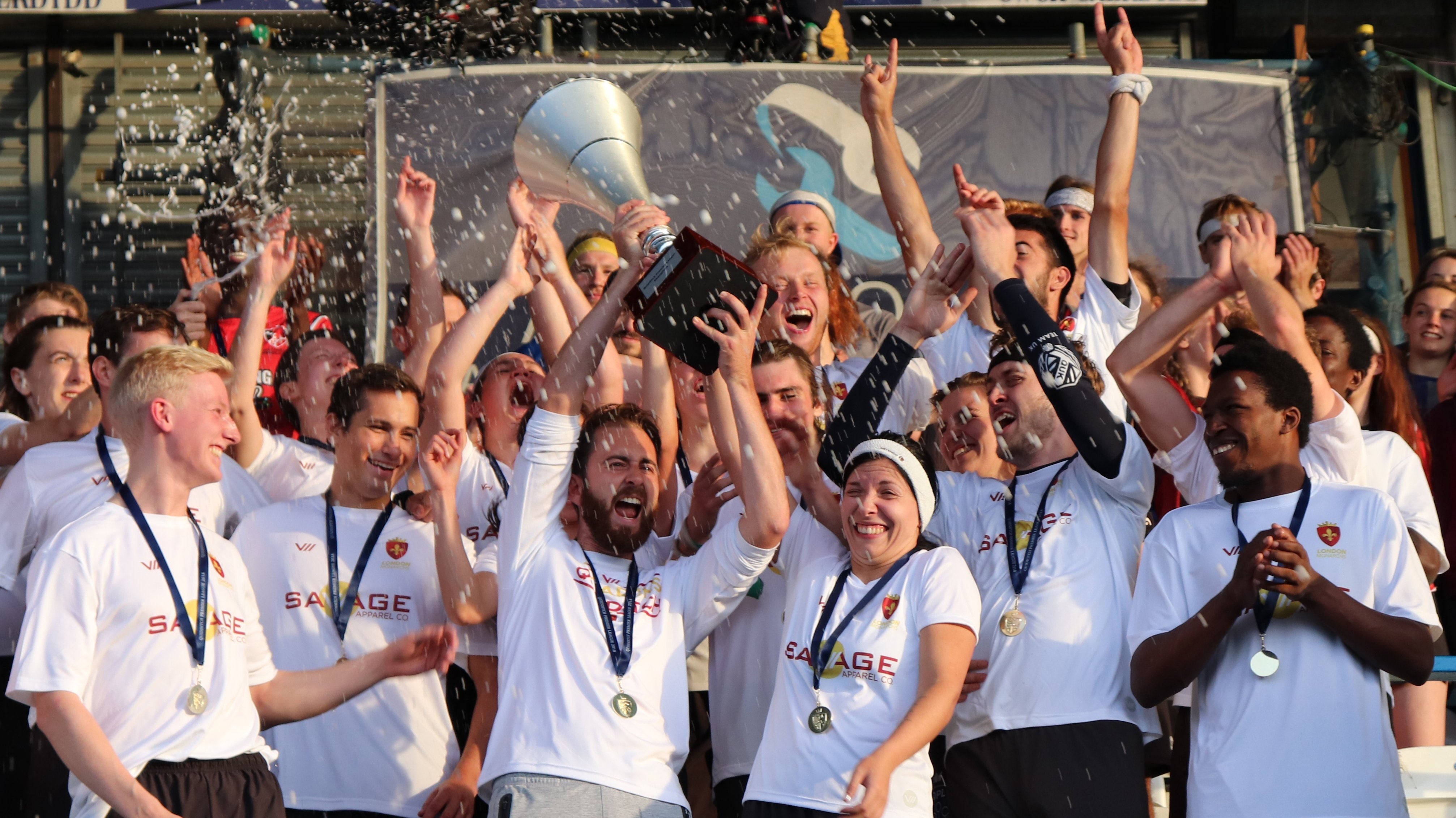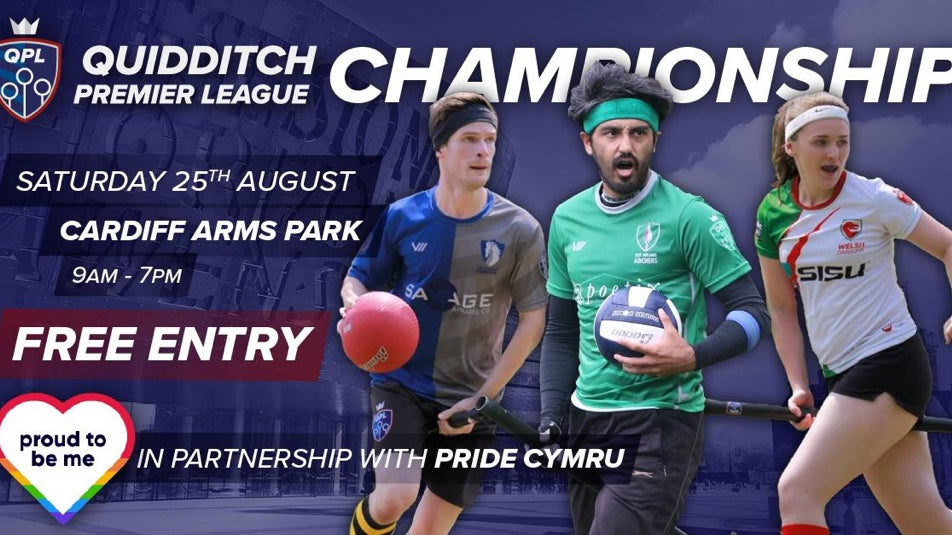News
We Need You... To Join the Squad
After a successful inaugural year, we are now accepting applications for the 2019 Savage Squad. The Squad consists of touring disc golfers from all over the world and we need you!
Here's every city that's UltiGifting this holiday season
Savage's eighth annual UltiGift Toy Drive is officially live, and we're happy to report that we've already collected hundreds of toys for kids in need! If you've been or are...
Announcing Savage's Buy One Give One Winter Coat Drive
In the spirit of holiday giving, Savage is launching a different kind of BOGO promotion for December: Our first-ever Buy One Give One Coat Drive. We're teaming up with the...
Cyber Monday Buy One Get One Extravaganza
Savage's Cyber Monday Extravangza starts at midnight.Start your engines! We've got deals happening throughout the day. Here's what you need to know: Buy a $25 Gift Card and Get a $10...
The Savage Black Friday to Cyber Monday Blowout Sale
Savage's Black Friday Blowout starts at midnight.Are you ready? We've got deals happening all weekend. Here's what you need to know: SATURDAY ONLY: $7 VII Jerseys. Use code SEVEN at checkout. MYSTERY...
Get Paid to Host an UltiGift Tournament In Your City
UltiGift is coming to a town near you — with your help. We're on the hunt for tournament directors to help us bring Savage's annual toy drive and ultimate frisbee tournament series to as many cities as possible. The more cities we reach, the more toys we can collect for kids in need.
7 Questions with Precision Dodgeball
Savage has been proud to outfit the talented players with Precision Dodgeball out of Baltimore. We recently caught up with team member Kim Wilke to find out about what sets...
Win the Ultimate Adventure: Costa Rica's Volcanic Tournament
Ever wanted to play Ultimate at the base of a volcano? Here's your chance. Join your fellow Ultimate players from all over the world in one of the most scenic hat tournaments in all of the Americas.
Avery Jenkins on the Love of the Flying Disc
Disc sports are meaningful to all of us who love disc golf and ultimate, regardless of whether you’re throwing a disc or a Frisbee. The feeling of the balance, the...
7 Questions with D.C. Scandal
Scandal is the #5 ranked women's ultimate team based in Washington, D.C., and Savage is proud to call them a Savage Select Team. We took a few minutes with Keila Strick...
Savage jumps the pond for the QPL Championship
Wales welcomed the Quidditch Premier League Championship to the Cardiff Arms Stadium on Saturday. The 10 teams from all over the UK fought vigorously for a spot in the championship game.
5 Questions with QPL Director Jack Lennard
Team Savage is gearing up for the Quidditch Premier League Championship in Cardiff, Wales on Aug. 25. We'll be there selling gear, so be sure to stop by for a...

